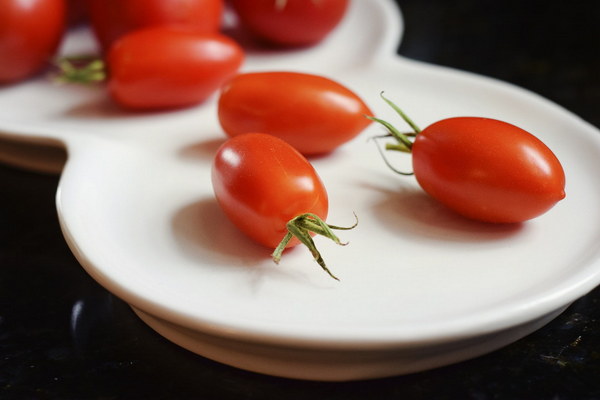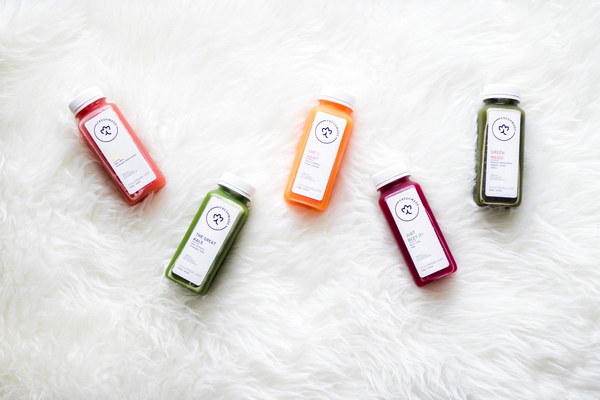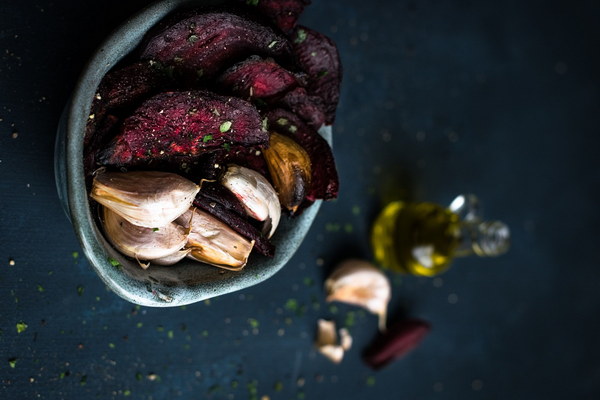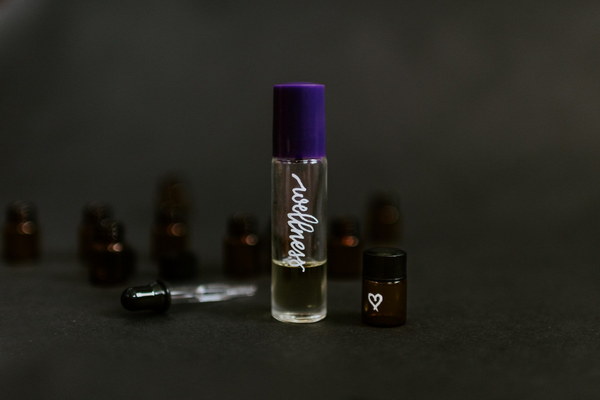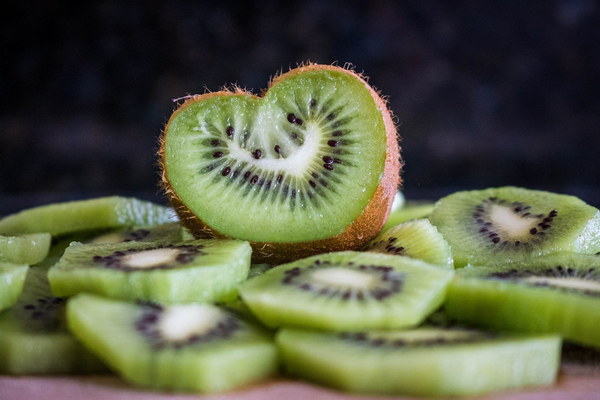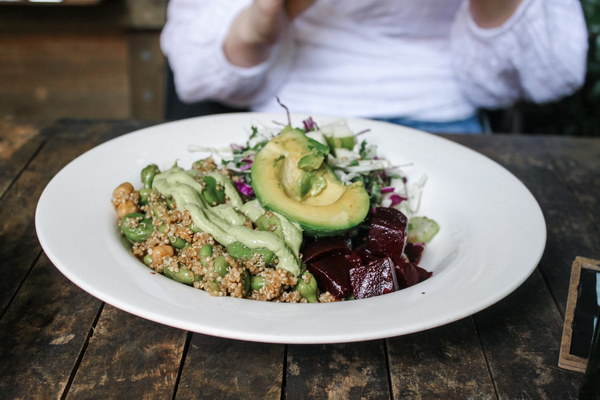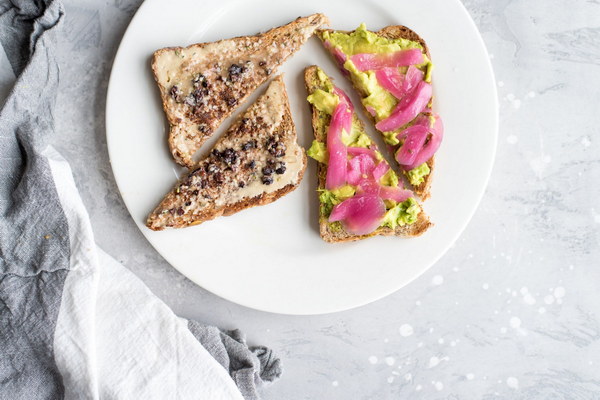Optimizing Liver Health A Comprehensive Guide to Diet and Nutrition for Hepatitis B Management
Introduction:
Hepatitis B (HBV) is a viral infection that primarily affects the liver, leading to inflammation and potential liver damage. While medication and treatment are essential, proper nutrition plays a crucial role in supporting liver health and speeding up recovery. This article provides a comprehensive guide to diet and nutrition for managing hepatitis B, offering practical advice on how to optimize your liver health through dietary adjustments.
1. Understanding the Impact of Diet on Hepatitis B
Diet plays a significant role in the management of hepatitis B. The right diet can help reduce liver inflammation, support immune function, and promote overall health. Conversely, a poor diet can exacerbate liver damage and hinder recovery. Here are some key points to consider:
a. Inflammation: A diet low in saturated fats, trans fats, and refined sugars can help reduce liver inflammation, as these substances can contribute to oxidative stress and further damage the liver.
b. Immune Support: A balanced diet rich in vitamins, minerals, and antioxidants can support the immune system, helping the body fight the hepatitis B virus.
c. Nutrient Intake: Ensuring adequate intake of essential nutrients is vital for maintaining liver health and supporting recovery.
2. Key Dietary Recommendations for Hepatitis B Management
a. Low-Sugar Diet: Reducing sugar intake is crucial, as high sugar levels can promote inflammation and fat accumulation in the liver. Opt for natural sugars found in fruits, vegetables, and whole grains instead of processed foods.
b. Healthy Fats: Focus on consuming healthy fats, such as omega-3 fatty acids found in fish, nuts, and seeds. These fats can help reduce inflammation and support liver health.
c. Antioxidant-Rich Foods: Incorporate a variety of fruits and vegetables into your diet to obtain antioxidants that can protect the liver from oxidative stress.
d. Lean Proteins: Include lean protein sources such as chicken, turkey, fish, tofu, and legumes in your diet. Proteins are essential for liver repair and function.
e. Hydration: Drink plenty of water throughout the day to support kidney function and help flush out toxins from the body.
3. Specific Foods to Include and Avoid
a. Foods to Include:
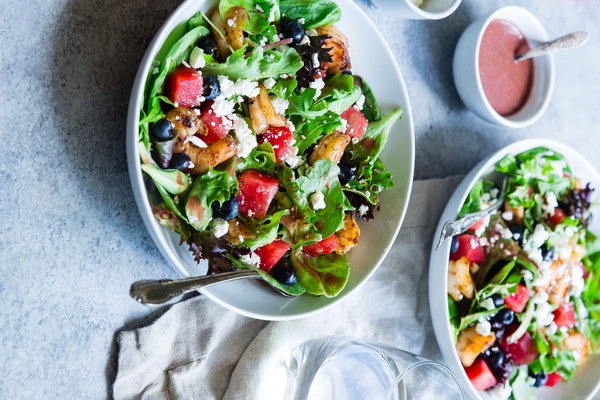
- Fruits and Vegetables: A wide variety of colorful fruits and vegetables, including leafy greens, berries, and cruciferous vegetables, such as broccoli and cauliflower.
- Whole Grains: Foods like oatmeal, brown rice, and quinoa provide essential nutrients and fiber.
- Lean Proteins: Choose lean sources of protein, such as fish, poultry, tofu, and legumes.
- Healthy Fats: Avocado, nuts, seeds, and olive oil are excellent sources of healthy fats.
b. Foods to Avoid:
- Refined Sugars: Avoid processed foods, sugary drinks, and high-sugar snacks.
- Saturated and Trans Fats: Limit intake of fried foods, baked goods, and processed snacks.
- Alcohol: Alcohol can exacerbate liver damage and should be avoided.
4. Additional Tips for Hepatitis B Management
a. Regular Meals: Eat small, frequent meals throughout the day to maintain stable blood sugar levels and support liver function.
b. Portion Control: Be mindful of portion sizes to prevent overeating and weight gain, which can strain the liver.
c. Cooking Methods: Opt for cooking methods that minimize the loss of nutrients, such as steaming, boiling, or grilling instead of frying.
Conclusion:
A well-balanced diet is an essential component of hepatitis B management. By following these dietary recommendations and incorporating healthy eating habits, individuals with hepatitis B can support their liver health and improve their chances of recovery. Always consult with a healthcare professional or a registered dietitian before making significant changes to your diet.


